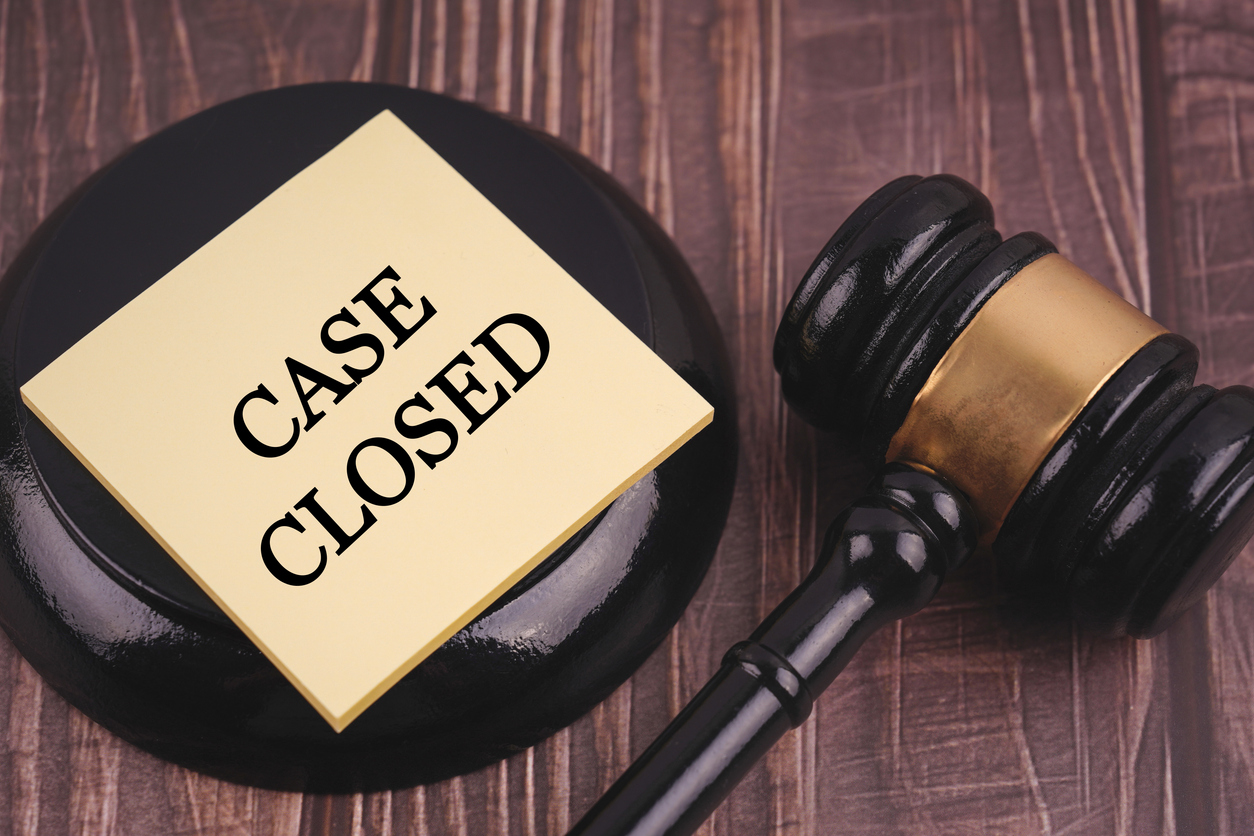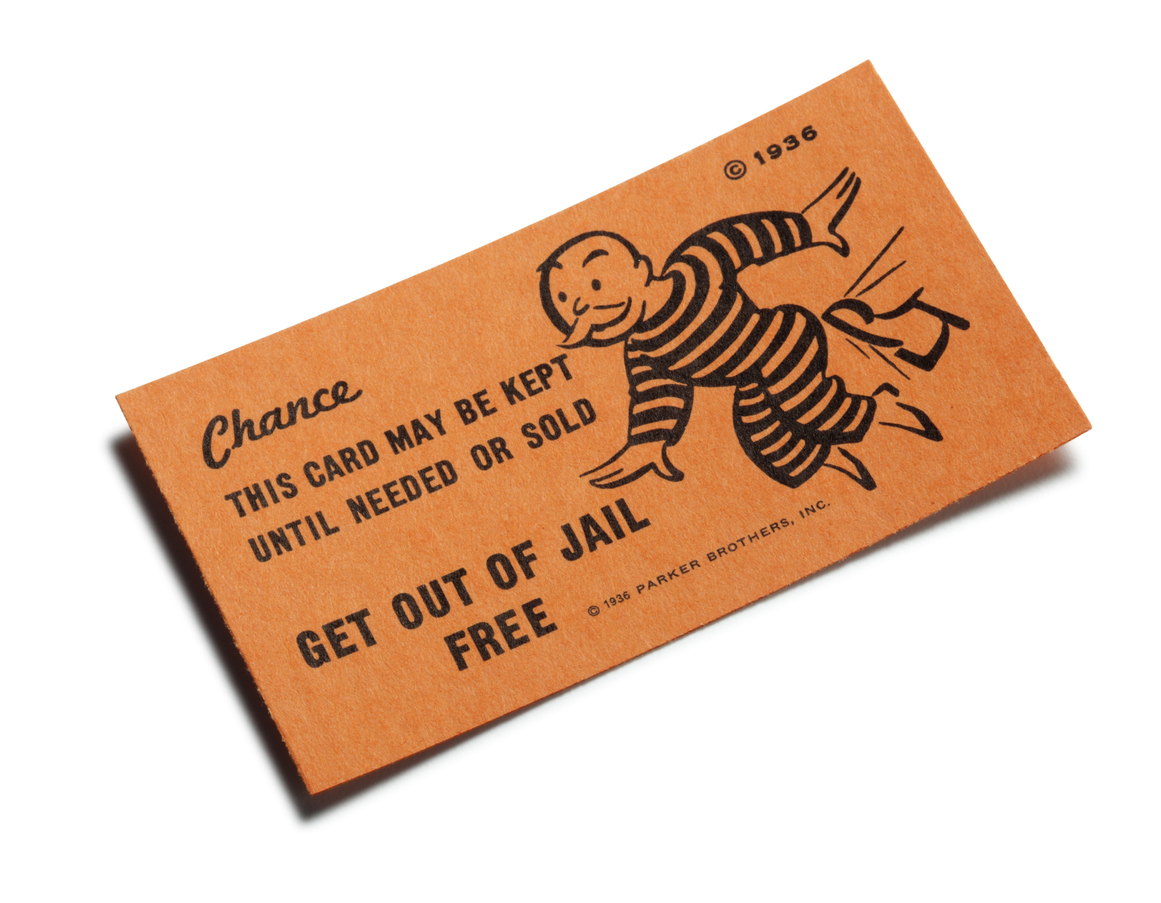This summer, a carrier asked a Houston federal court to declare that a fire was intentional, voiding the policy and removing carrier’s liability to the insured. The insured countered with a claim for breach of contract and sought sanctions for spoliation of evidence. The Court held that the carrier had a duty to preserve samples obtained by its investigator during its investigation and used its inherent power to sanction the carrier for pre-action destruction of evidence.1
In Allstate Texas Lloyd’s v. McKinney,2 a fire broke out while the insured homeowner was away. Two days after the fire destroyed his home, the insured learned of the destruction and reported it to Allstate. The Houston Fire Marshall determined the fire was an accident caused by electrical issues. Allstate conducted its own investigation and collected samples of the debris to perform various tests. Of the three tests, two samples were negative but the third sample tested positive for petroleum distillate. Allstate denied the insured’s claim, alleging arson.
During discovery, the insured asked Allstate’s investigator to produce documents related to the sample testing. Allstate’s investigator produced an email from Allstate’s insurance adjuster ordering destruction of the samples. Allstate claimed it was unaware of the email. The insured asked for sanctions against Allstate, alleging the insurer breached its duty in bad faith when it destroyed evidence and attempted to hide its decision to destroy the evidence. The insured argued he was prejudiced by the spoliation of the samples.
Spoliation is destruction or material alteration of evidence or "the failure to preserve potential evidence for another’s use in pending or reasonably foreseeable litigation.”3 To determine whether a spoliation presumption is justified, Texas courts apply a three prong test promulgated by the Texas Supreme Court in Trevino v. Ortega.4 Texas Courts consider: “(1) whether there was a duty to preserve evidence; (2) whether the alleged spoliator breached the duty; and (3) whether the spoliation prejudiced the nonspoliator’s ability to present its case or defense.”5 A duty to preserve evidence arises when a party knows or should know certain evidence is relevant to pending or future litigation. In this case, Allstate received notice the insured retained counsel, who attended the examination under oath. Regarding the second step, parties need only take reasonable care, but not extraordinary measures, to preserve evidence.6 In McKinney, Allstate breached its duty of reasonable care. Since the insured was not allowed to test or examine the samples collected by Allstate, he was not able to prepare an adequate defense. Thus, the insured was unfairly prejudiced by the spoliation and the Trevino test was met.
To determine the appropriate sanctions, the Court looked to Ashton v. Knight Transportation.7 The Ashton Court concluded spoliation remedies should: “(1) deter future parties from practicing spoliation; (2) punish the spoliating party for destroying relevant evidence; and (3) restore the prejudiced party to the same position he would have been in absent the wrongful destruction of evidence by the opposing party.”8 The Court ruled that Allstate and its experts were precluded from using, submitting, referencing, or relying on testing the samples.
1 Allstate Texas Lloyd’s v. McKinney, 2013 WL 3873256, — F. Supp. 2d. — (S.D. Tex. – July 24, 2013). Court may use its inherent power to assess sanctions if alleged conduct occurs before a case is filed or if there is no statute or rule that adequately addresses the conduct. When relying on its inherent authority to impose sanctions, a court has broad discretion in crafting an appropriate remedy.
2 Id.
3 Rimkus Consulting Grp. v. Cammarata, 688 F.Supp.2d 598, 612 (S.D.Tex. 2010).
4 Trevino v. Ortega, 969 S.W. 2d 950, 954-955 (Tex. 1998).
5 Ashton v. Knight Transportation, Inc., 772 F. Supp. 2d 772 (N.D. Tex. 2011) citing Trevino v. Ortega, 969 S.W.2d 95 (Tex. 1998).
6 Trevino at 956.
7 Id.
8 Id.



